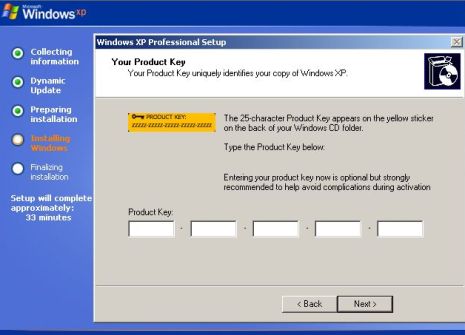Judge overturns $388m patent verdict against Microsoft


In a 66-page decision (PDF) , a Rhode Island federal district court has overturned a whopping patent infringement verdict against Microsoft. The ruling comes after six years of procedural wrangling, including a trip to the Federal Circuit, and a jury verdict of $388 million.
Now the judge has overturned the jury's verdict as a "judgment as a matter of law."
The patent at issue concerns a patent for a software registration system, originally granted to Ric Richardson and his company Uniloc, and allegedly infringed by Microsoft's Product Activation system used in Windows XP, Office XP and Office 2003. Despite the similarities in the systems -- they both involve locally and remotely generated unique IDs and an algorithm that compares the two -- the court found ultimately, Microsoft's system did not infringe Uniloc's.
There are many complex technical and legal issues at play here, but it all seems to come down to whether the MD5 and SHA-1 algorithms that PA uses are equivalent to Uniloc's simple summation algorithm. The court focused on this difference as the key (so to speak) of noninfringement.
A simple comparison of MD5 as a whole to the algorithm Uniloc’s patent discloses clearly reveals non-equivalence. While the existence of additional components or different steps does not per se preclude a structure from being considered substantially the same as another structure, the various non-additive mathematical operations in MD5 demonstrate significant (and undisputed) differences between MD5 and the summation algorithm in the ‘216 patent, which cannot be overstated.For example, the compressive, circular shifting and mixing functions fundamentally create a more secure result compared to an algorithm based in summation as the specification discloses. Indeed, the unchallenged evidence was that MD5's hallmark is the variety of its logical and mathematical steps to obtain a more secure result. This complexity highlights the advantage of an irreversible one-way function with a fixed output, instead of an algorithm that uses a single type of reversible operation (with no fixed output), such as that disclosed in the patent.
The court went on to address other issues, but I will leave it at that. After six years, and almost $400 million in play, count on Uniloc to appeal. If they're successful, the whole matter will go back to trial.
None of which has any bearing on the appeal in the I4i patent case, which Microsoft also lost at trial. In that case, the appeals court will likely find infringement but slash the $290 million verdict.